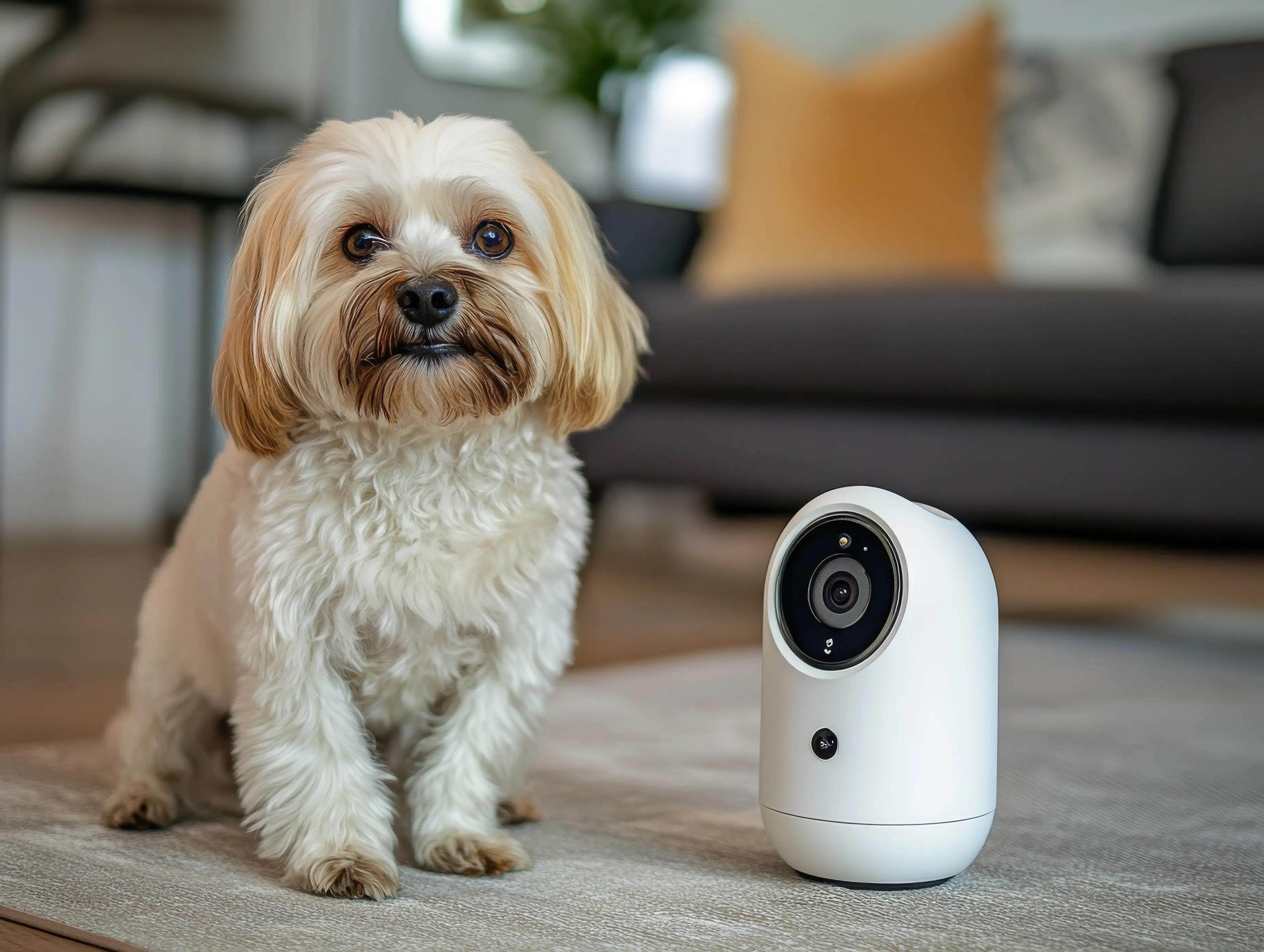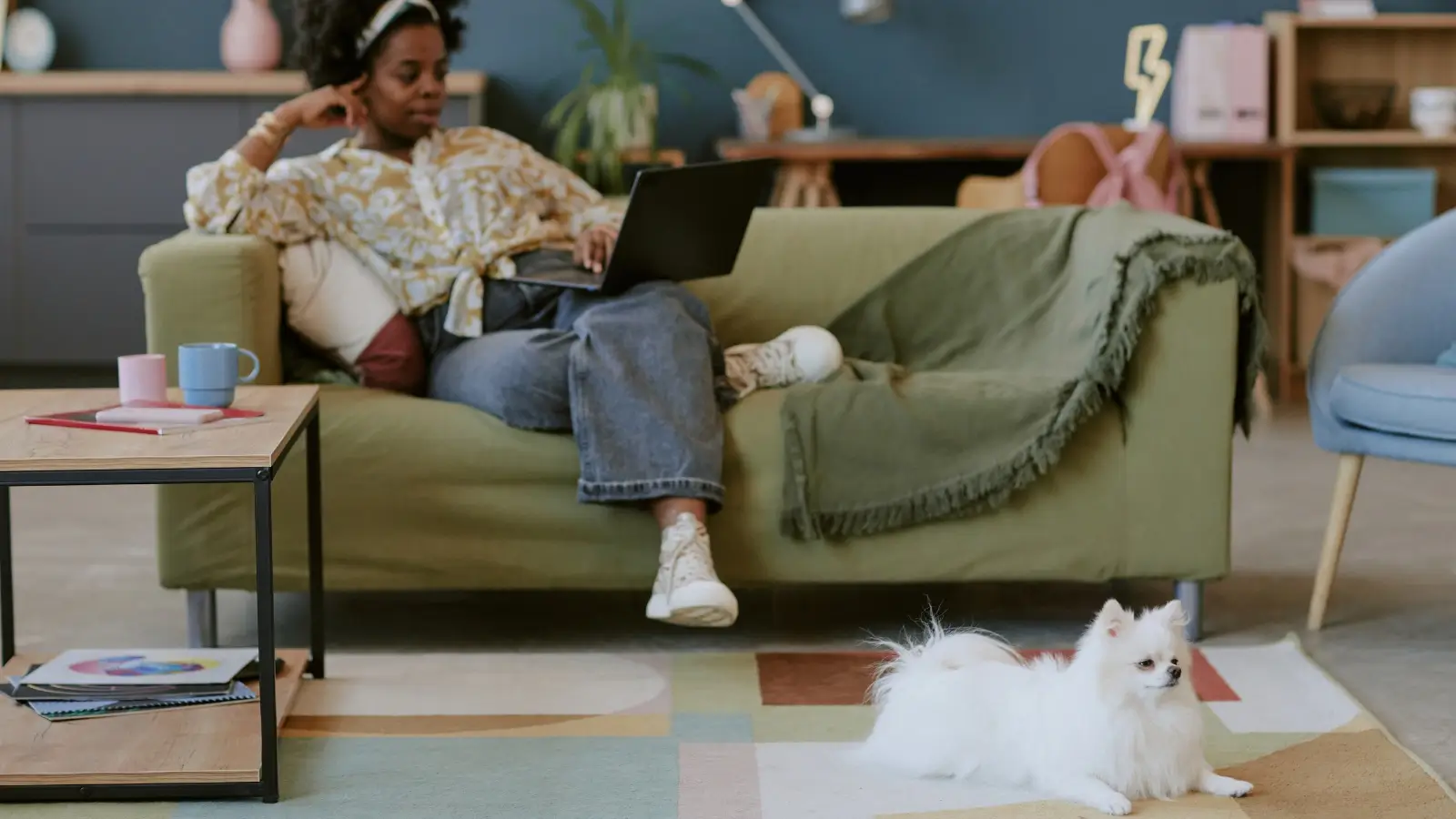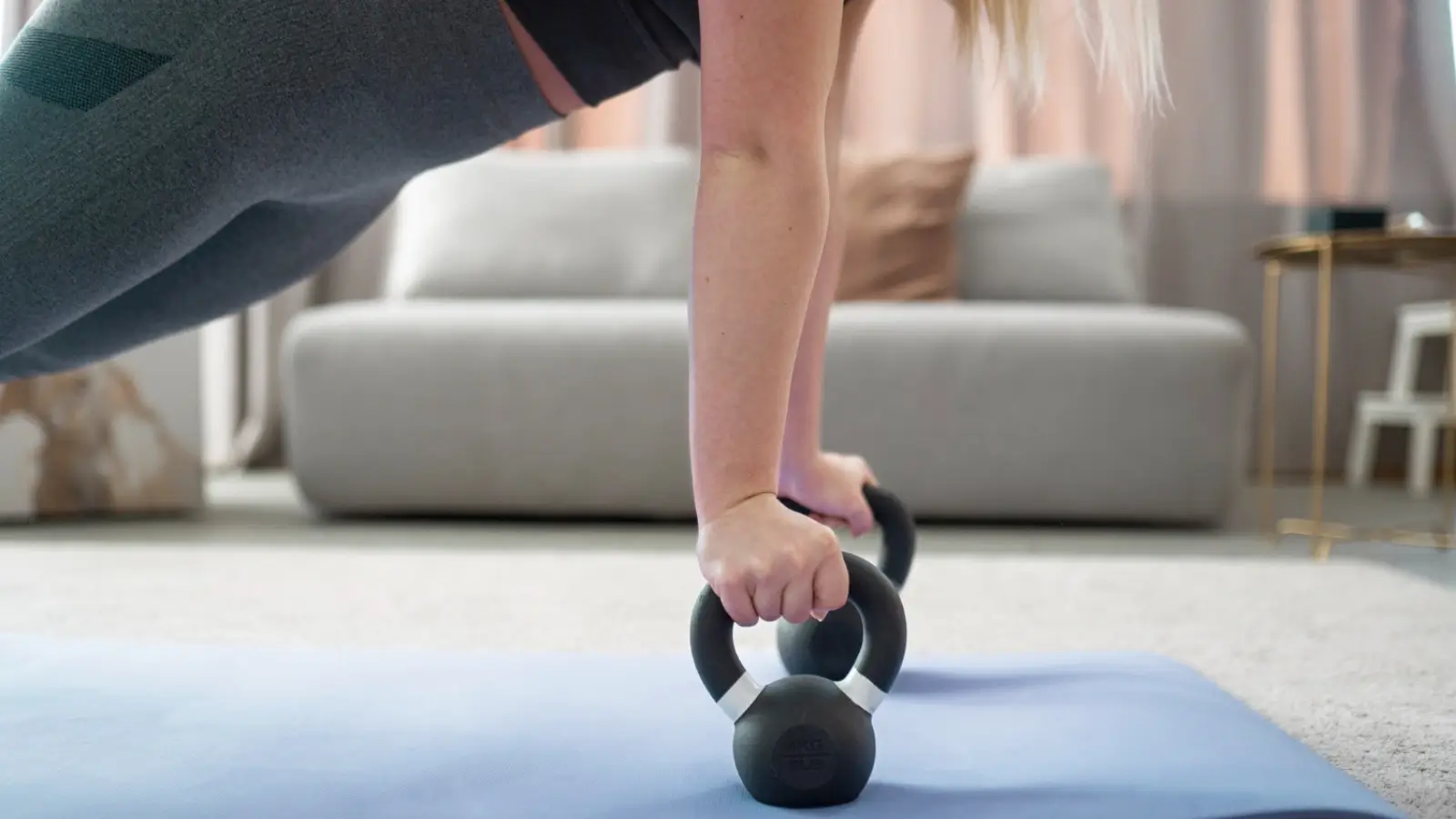Owning a small dog is a rewarding experience, but it's not always easy when your days are packed. Between work, errands, and everything else that fills up your calendar, caring for a dog can feel like a challenge. But if you're smart about how you manage your time and understand what your dog really needs, it's more than possible to keep them happy and healthy, even with a tight schedule.
Understand What Small Dogs Really Need
Small dogs are often seen as easier to manage, but they still need daily care and structure. Their size makes them more adaptable to smaller spaces, but many breeds are active, alert, and thrive on human interaction. It's a mistake to assume that just because a dog is small, they won't need much attention.
Choosing the right breed type matters. Some dogs are more independent, while others want constant company. A Jack Russell Terrier, for example, is full of energy and needs regular mental and physical stimulation. In contrast, a Maltese is more relaxed and tends to be content with short walks and cozy naps.
If you're still in the process of finding the right dog, you'll find a wide range of small breed puppies for sale through reputable breeders and adoption centers. Take the time to look into each breed's traits so you know what kind of companion you're bringing home. It helps to factor in your space, routine, and how well the dog's activity levels match yours.
Keep a Simple, Consistent Routine
Dogs do best with consistency. When their days follow a regular pattern, they feel more settled, even when you're not around. You don't need to follow a strict schedule, but there should be a clear rhythm to their day. That includes feeding times, potty breaks, and opportunities for physical activity.
Start your morning with a walk, even if it's short. Feed them before you leave, and try to be consistent with dinner time when you return. These simple habits create structure, which helps prevent stress, separation anxiety, and even potential behavioral problems.
Having a few essentials in easy reach saves time. Keep leashes, waste bags, treats, and dog supplies in one spot so you're not searching when you're in a rush. Keeping their grooming routine on track is also important. Use dry shampoo or grooming wipes when you're short on time but still want your dog clean and comfortable.
Make the Time You Have Count
Most dogs don't need constant attention. What they want is quality time with you. Even if you only have short windows in the morning and evening, those can be enough if you use them well. A few minutes of focused play or calm connection can go a long way.
Instead of scrolling through your phone after work, take a few minutes to throw a toy, brush your dog, or teach a simple command. These moments help your dog feel included in your life and strengthen your social bonds.
You can also look for ways to include your dog in things you're already doing. If you're grabbing coffee nearby, take them for a walk. A quick stop at the local dog park or some interactive playtime in the backyard space is better than nothing. These small moments matter more than people think, especially to your furry friends.
Use Tools That Actually Make a Difference

If you're often away during the day, it makes sense to invest in tools that help maintain your dog's routine. Automatic feeders, for example, can help keep meals consistent. A water dispenser ensures your dog stays hydrated without you needing to refill the bowl several times a day.
Some pet owners also use nanny cams to check in while they're out. If your dog has separation anxiety or if you're gone longer than expected, being able to see how they're doing can give peace of mind. But remember, these tools are meant to support care, not replace it. The most important part is still your time and attention.
When things get really busy, don't hesitate to ask for help. Hiring a trusted dog walker, even a few times a week, can break up long days and give your dog something to look forward to. Some owners also turn to dog daycare, especially on days when they know they'll be out for long hours. It gives your dog a chance to stay active, social, and supervised in a safe environment. If you're a busy pet owner juggling a full-time job, pet walking services, or a reliable pet sitter can take a huge load off your plate.
The Bottom Line
Caring for a small dog while managing a full schedule isn't always easy, but it's definitely possible. What matters most is consistency, thoughtful planning, and being present when it counts. Small dogs don't need constant attention; they need stability, interaction, and a sense that they're part of your world.
With the right habits and a little planning, you can give your dog a great life no matter how full your calendar looks. Good time management isn't just for your career. It's a real asset when it comes to caring for your dog, too.
















